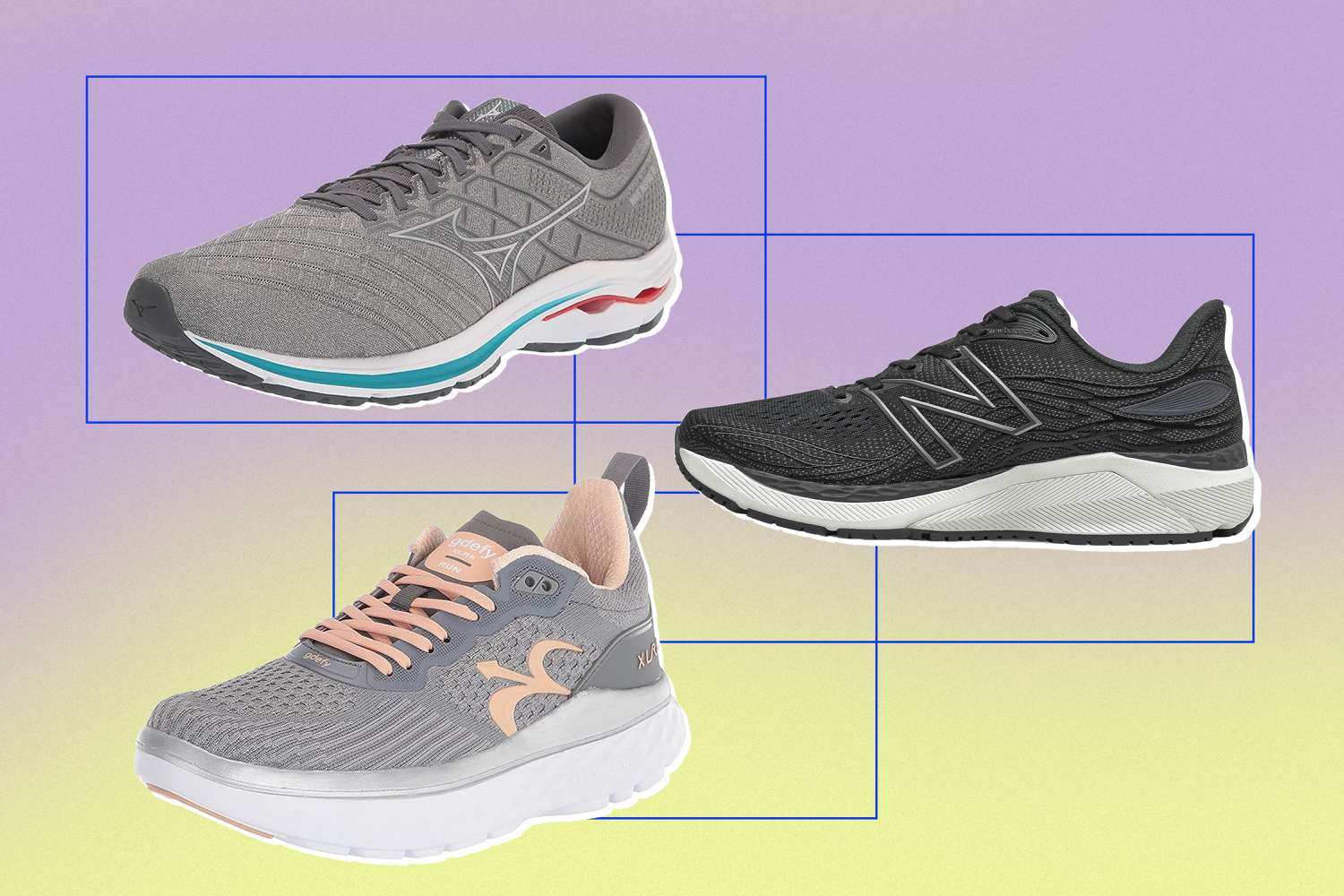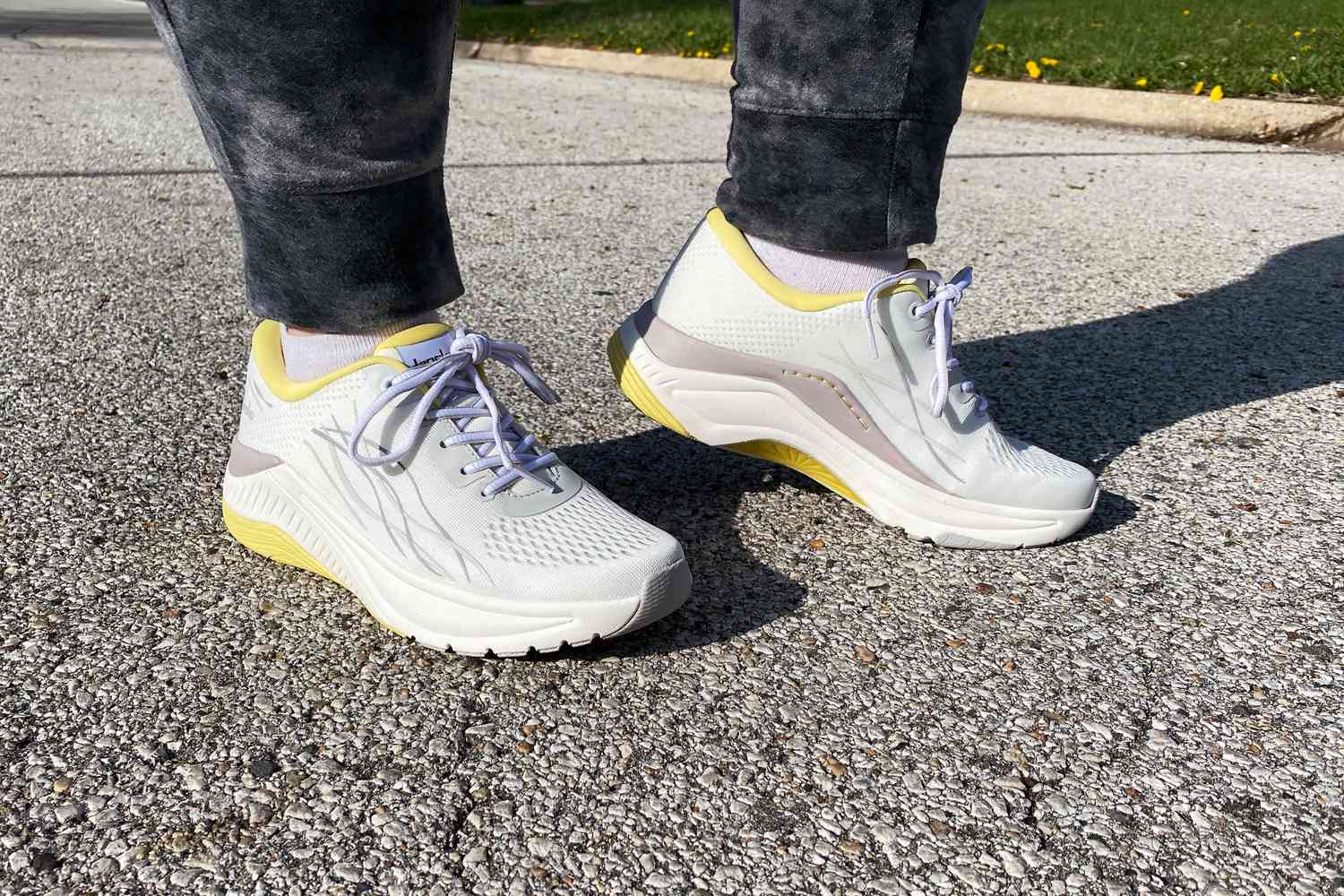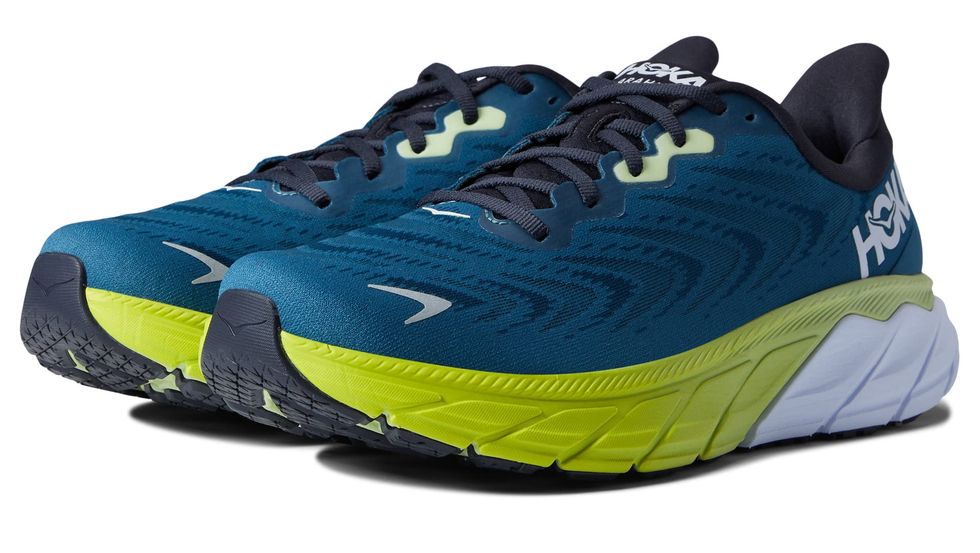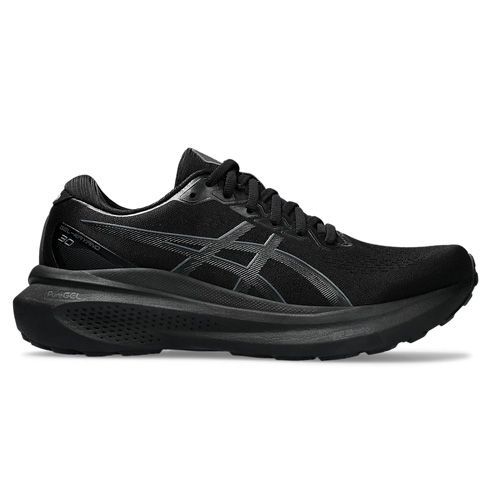Introduction
Choosing the right running shoes is crucial for individuals with flat feet, as proper support and comfort are essential for injury prevention and overall performance. With a myriad of options available, finding the best men’s running shoes for flat feet can be a daunting task. However, by considering factors such as arch support, cushioning, stability, and durability, you can identify the perfect pair that offers both comfort and support.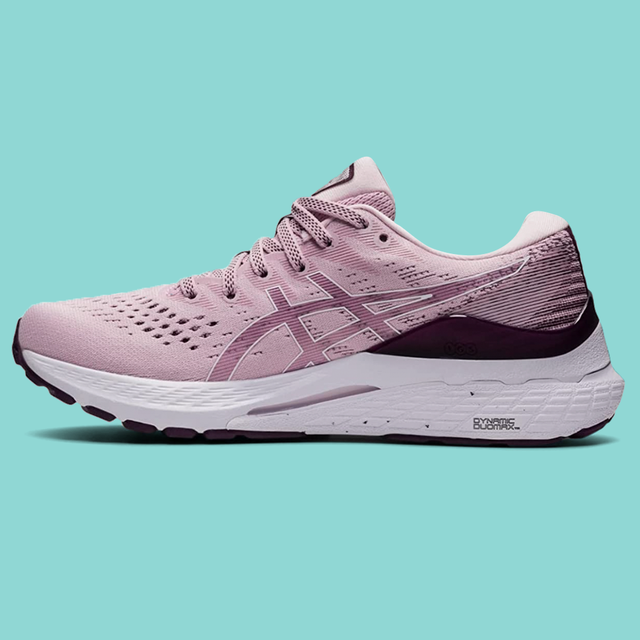
When it comes to running shoes for flat feet, one key feature to look for is ample arch support.
Flat-footed individuals typically have low or collapsed arches, which can lead to overpronation – an inward rolling of the foot during each stride. Shoes with robust arch support help counteract this motion, providing stability and alignment throughout the gait cycle. Look for running shoes that offer structured arch support, such as those with built-in medial posts or supportive midsole technologies designed to accommodate flat feet.
In addition to arch support, cushioning plays a vital role in providing comfort and shock absorption for flat-footed runners.
Running shoes with generous cushioning help distribute impact forces more evenly, reducing the strain on the feet, ankles, and knees. Consider shoes with responsive midsole cushioning, such as EVA foam or specialized gel cushioning systems, which can enhance comfort and alleviate discomfort associated with flat feet.
Stability is another crucial factor to consider when selecting running shoes for flat feet.
Look for models that incorporate features aimed at promoting stability, such as reinforced heel counters, wide bases, and structured midfoot support. These elements help minimize excessive foot motion and promote a more natural and efficient stride, reducing the risk of common overuse injuries often experienced by flat-footed runners.
Durability is equally important, especially for individuals who engage in regular or intense running activities. High-quality materials, solid construction, and durable outsoles are essential for ensuring that your running shoes can withstand the demands of your training regimen. Look for shoes with rugged outsole designs, durable upper materials, and reinforced toe caps to ensure longevity and performance over time.
With these criteria in mind, several leading brands offer exceptional running shoes tailored to the needs of individuals with flat feet.
Brands such as Brooks, ASICS, New Balance, Saucony, and Hoka One One have garnered praise for their commitment to producing running shoes that cater to the specific requirements of flat-footed runners.
For example, the Brooks Adrenaline GTS series has been highly regarded for its excellent arch support, cushioning, and stability features, making it a popular choice among runners with flat feet. Similarly, ASICS Gel-Kayano and New Balance 860v11 have received accolades for their supportive structures and reliable cushioning, providing flat-footed runners with the comfort and stability they need to excel in their training and races.
It’s important to note that while these recommendations serve as a starting point, individual preferences, foot biomechanics, and running styles can influence the suitability of specific running shoe models. Therefore, visiting a specialty running store or consulting with a podiatrist or running expert can provide valuable insights and assistance in selecting the best running shoes for your unique foot condition.
- Pronation Control: Overpronation is a common issue for individuals with flat feet, where the foot rolls excessively inward during the gait cycle. Look for running shoes that offer pronation control features, such as dual-density midsoles, medial posts, or stability technologies. These features help to correct and control the foot’s motion, reducing the risk of injuries.
- Breathability: Running shoes with breathable uppers allow for better air circulation, keeping your feet cool and dry during your runs. Look for mesh or engineered knit materials that promote ventilation and moisture-wicking properties to enhance comfort.
- Weight: Consider the weight of the running shoes. Lighter shoes can reduce fatigue and improve agility, especially during speed workouts or races. However, strike a balance between lightweight designs and ensuring adequate cushioning and support.
- Flexibility: Look for running shoes that offer a good balance of flexibility and support. The shoes should provide enough flexibility to allow for a natural range of motion while still offering sufficient stability and structure to support the foot.
- Injury Prevention: If you have a history of specific foot or lower limb injuries associated with flat feet, consult with a healthcare professional or sports therapist. They can provide personalized recommendations based on your specific needs and help you choose running shoes that address any underlying issues.
- Test and Try On: Whenever possible, try on different models and sizes of running shoes before making a purchase. Take them for a short test run in the store or on a treadmill if permitted. This will give you a better understanding of how the shoes feel and perform, helping you make an informed decision.
When considering the best men’s running shoes for flat feet, it’s important to emphasize the significance of proper fit.
Regardless of the brand or model, a shoe that fits well is essential for maximizing comfort and minimizing the risk of discomfort or injury. For individuals with flat feet, finding running shoes with a wide toe box and a secure heel fit can help accommodate the unique shape and structure of the foot while ensuring stability and support.
Moreover, many leading manufacturers offer running shoes with customizable features, such as removable insoles or the capacity to accommodate custom orthotics.
These options can be particularly beneficial for individuals with flat feet, as they allow for personalized adjustments to address specific support and comfort needs, providing an added layer of customization to enhance the overall fit and functionality of the shoes.
Additionally, it’s worth exploring running shoes that incorporate advanced technologies specifically designed to address the biomechanical challenges associated with flat feet. Features such as motion control systems, adaptive cushioning, and specialized midsole geometries can further enhance the support and stability provided by running shoes, catering to the unique foot mechanics of flat-footed runners.
Furthermore, considering the type of running terrain and the intended use of the shoes can guide the selection process.
Whether you’re primarily running on roads, trails, or a combination of both, choosing running shoes with outsole designs and traction patterns tailored to your preferred running environment can optimize performance, stability, and overall safety during your runs.
Finally, staying informed about the latest advancements in running shoe technology and seeking advice from reputable sources, such as professional running coaches, podiatrists, or physical therapists, can provide valuable insights and recommendations to aid in the selection of the most suitable running shoes for flat feet.
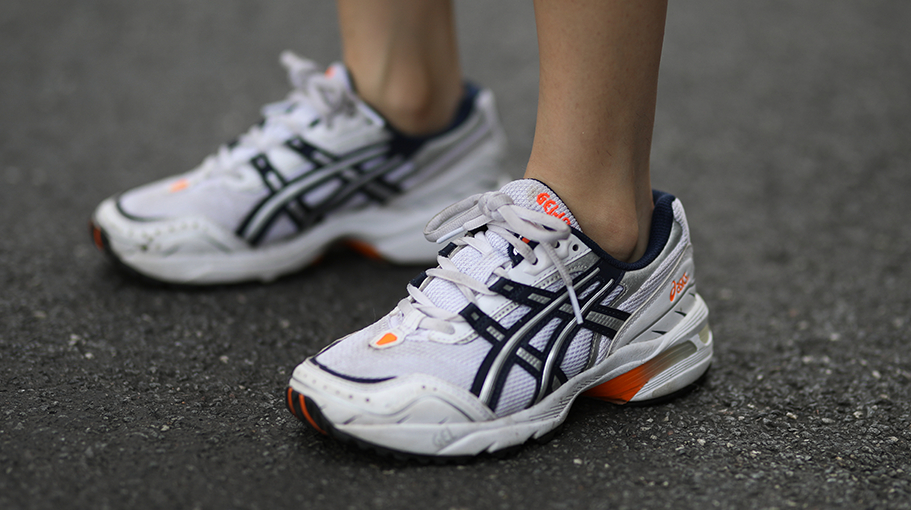 In conclusion
In conclusion
The best men’s running shoes for flat feet combine comfort and support to address the specific needs of flat-footed runners. By prioritizing arch support, cushioning, stability, and durability, individuals with flat feet can find running shoes that enhance their running experience and contribute to a healthier, more enjoyable training regimen. Whether you’re a seasoned athlete or a recreational runner, investing in the right pair of running shoes tailored to flat feet can make a significant difference in your performance and overall foot health.
The best men’s running shoes for flat feet should combine essential elements such as arch support, cushioning, stability, durability, and proper fit. By considering these factors alongside individual preferences and specific foot biomechanics, flat-footed runners can identify running shoes that offer the optimal blend of comfort and support to enhance their running experience and contribute to long-term foot health and performance. With the right pair of running shoes, individuals with flat feet can enjoy the benefits of a more comfortable, efficient, and enjoyable running regimen, helping them achieve their fitness and athletic goals. 